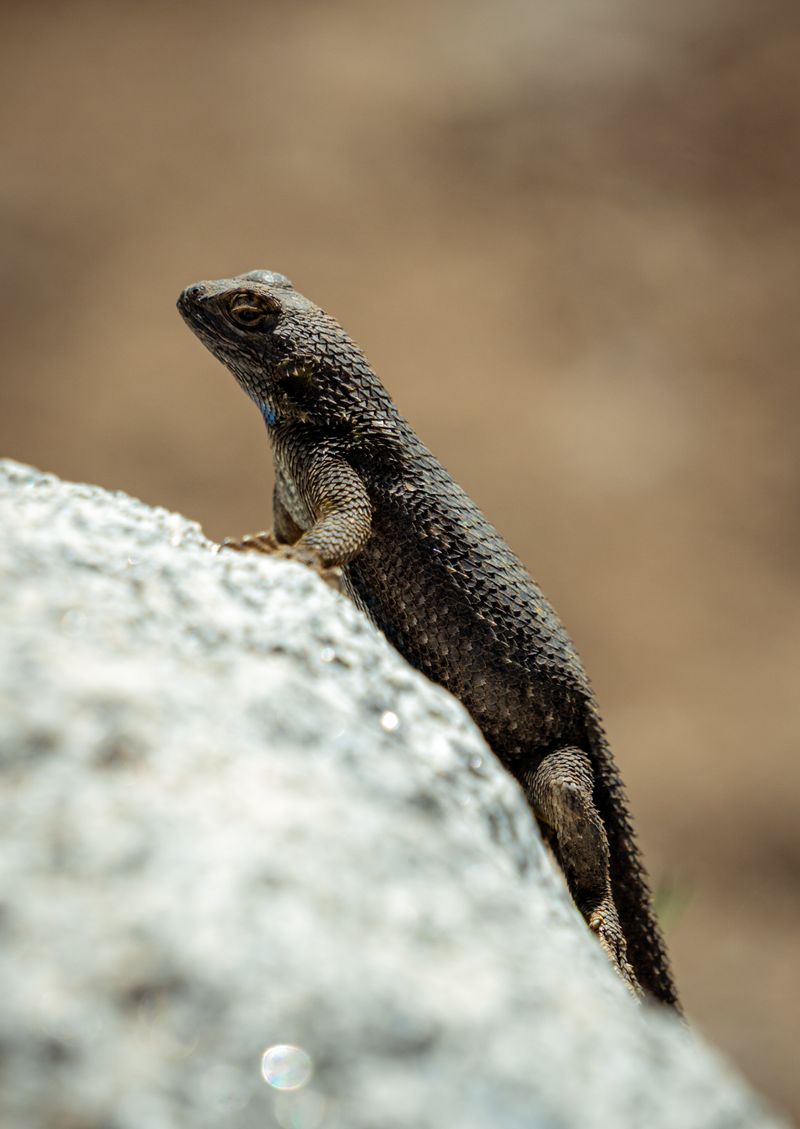Miami Seaquarium Bids Farewell to Lolita, an Orca with a Complex Legacy
A Resident of Captivity
The Miami Seaquarium recently announced the passing of Lolita, an orca that had been a mainstay of the park for over 50 years. Lolita, also known as Tokitae and Toki, captivated audiences with her performances before the park bowed to public pressure and made plans to release her back into the ocean. Unfortunately, Lolita‘s journey to freedom was cut short by her sudden demise. The orca had shown signs of discomfort in the days leading up to her death, with a presumed renal issue being the main cause.
A Symbol of Inspiration and Cultural Significance
Lolita‘s passing has elicited an outpouring of support from those who had the privilege of witnessing her remarkable spirit. Notably, the Lummi nation, which considered her family, viewed Lolita as an inspiration. Her impact extended beyond the park’s visitors, touching the lives of those who connected with her story. As the Seaquarium expressed, Lolita‘s legacy will remain etched in the memories of all who knew her.
A Flashpoint in the Debate on Animal Captivity
Lolita‘s story is not an isolated incident but rather a sobering reminder of the ongoing controversy surrounding aquariums and theme parks that house marine mammals. Animal advocates have long voiced concerns about the treatment of these creatures in captivity, sparking heated debates on ethical grounds. The Seaquarium faced pressure from these advocates, leading to the announcement in February that Lolita would be returned to her natural habitat.
However, the path to releasing captive orcas is fraught with challenges. The Dolphin Company, which owns the Miami Seaquarium, had initially estimated that the relocation of Lolita would take up to two years. Unfortunately, she did not live to experience the freedom her supporters fought for.
A Lingering Question of Responsibility
The circumstances surrounding Lolita‘s deteriorating condition remain unclear. The Seaquarium had provided a positive update about her health, stating that she was stable for a whale of her age. Yet, shortly after, Lolita‘s health took a sudden turn for the worse. The park expressed that her passing, given her advanced age, was not entirely unexpected. However, it remains a devastating loss for those who cared for her and the worldwide community who held her dear.
Reflection and Lessons
Lolita‘s untimely demise has prompted a wave of criticism, reigniting the discussion on the detrimental effects of captivity on marine mammals. People for the Ethical Treatment of Animals (PETA) condemned Lolita‘s living conditions, describing her tank as the smallest and bleakest in the world. PETA highlighted the repetitive and abnormal behaviors she displayed, indicative of severe psychological trauma.
Naomi Rose, a marine mammal scientist at the Animal Welfare Institute, lamented that Lolita‘s hope for freedom was extinguished at the last moment—a tragic irony indeed. Dr. Rose notes that humans failed Tokitae, underscoring the importance of reevaluating our approach to captive animals.
A Legacy Worth Preserving and Learning From
While Lolita‘s story highlights the challenges surrounding animal captivity, it also serves as a catalyst for change and a reminder of our responsibility to protect and respect these creatures. It is crucial to examine our treatment of marine mammals and consider alternative methods of engagement that prioritize their welfare and environmental preservation. The debate surrounding the ethics of keeping these highly intelligent creatures in captivity is far from over, and Lolita‘s legacy should push us to continue striving for a more compassionate approach.
Editorial: The End of an Era and the Need for Change
Lolita‘s passing marks the end of a significant era in the Miami Seaquarium’s history. Her captivity entertained and mesmerized visitors for over five decades. However, her death serves as a poignant reminder that it is time for a paradigm shift in how we interact with marine mammals.
Questioning the Ethics of Marine Mammal Captivity
The treatment of marine mammals in captivity has faced mounting criticism over the years. Concerns regarding their physical and psychological well-being have prompted protests, legal battles, and changes in industry practices. The decision by SeaWorld to stop breeding killer whales in 2016 demonstrates an acknowledgment of the ethical concerns that surround marine mammal captivity.
Lolita‘s story further highlights the urgency of reassessing the ethics of keeping sentient beings like orcas in confined spaces for human entertainment. The argument that these mammals fulfill an educational role must be critically examined. Can true education be achieved at the expense of their freedom and natural habitat?
Lessons from Lolita and Calls for Change
Lolita‘s passing should ignite a reevaluation of the justifications for housing marine mammals in captivity. Her legacy can inspire a more compassionate approach to our interaction with these majestic creatures.
It is essential to consider alternative methods of conservation and education that respect the natural needs and behaviors of marine mammals. Emphasizing initiatives that promote the protection of their natural habitats, such as research and conservation efforts, can supplement our understanding of these incredible creatures without compromising their well-being.
Advice: Towards Compassionate Conservation
As we bid farewell to Lolita, it is imperative that we channel our emotions and energy towards advocating for increased protections for marine mammals. Here are a few ways individuals can contribute to the promotion of compassionate conservation:
Support Ethical Organizations
Research and identify reputable organizations that prioritize animal welfare and conservation efforts. Support their initiatives through donations or volunteer work. Organizations such as the Animal Welfare Institute and the World Wildlife Fund (WWF) play crucial roles in protecting marine life and their natural habitats.
Choose Responsible Tourism
When planning vacations or visits to marine parks, consider the ethics and practices of the establishments you support. Choose venues with a focus on conservation, rehabilitation, and education rather than entertainment. Look for organizations that actively contribute to the well-being of marine mammals and respect their natural behaviors.
Educate Yourself and Others
Inform yourself about the complex issues surrounding marine mammal captivity and share this knowledge with others. Engage in discussions about ethical concerns and alternatives to captivity. Encourage critical thinking and empathy towards all creatures, emphasizing the importance of conservation efforts in protecting their habitats.
In conclusion, Lolita‘s passing serves as a somber reminder of the urgent need for change in our treatment of marine mammals. Her legacy should inspire a renewed commitment to compassionate conservation and the pursuit of alternative methods that prioritize the welfare and freedom of these extraordinary creatures.

<< photo by Soly Moses >>
The image is for illustrative purposes only and does not depict the actual situation.
You might want to read !
- WWE star Edge responds to retirement speculation, hinting at future plans
- Canadian Indie Band Hay Babies Delight in Their Debut at LASSO Montreal
- Devastating Fire Consumes Iconic Boston Bar Fire Lookout
- WWE SmackDown Results: Edge’s Return Raises the Stakes
- “Making Herstory: England and Spain Clash in Women’s World Cup Final”
- Devastating Inferno Engulfs Lake Okanagan Resort in West Kelowna
- B.C. Wildfire Crisis: A State of Emergency Declared as Worst Season Engulfs our Province
- Exploring the Luxurious Caravans Rolling into Penticton
- Brighton’s Dominant Display Secures Resounding Victory Over Wolves
- Battle for the Top: Tottenham Takes on Manchester United in a Pivotal Premier League Clash




